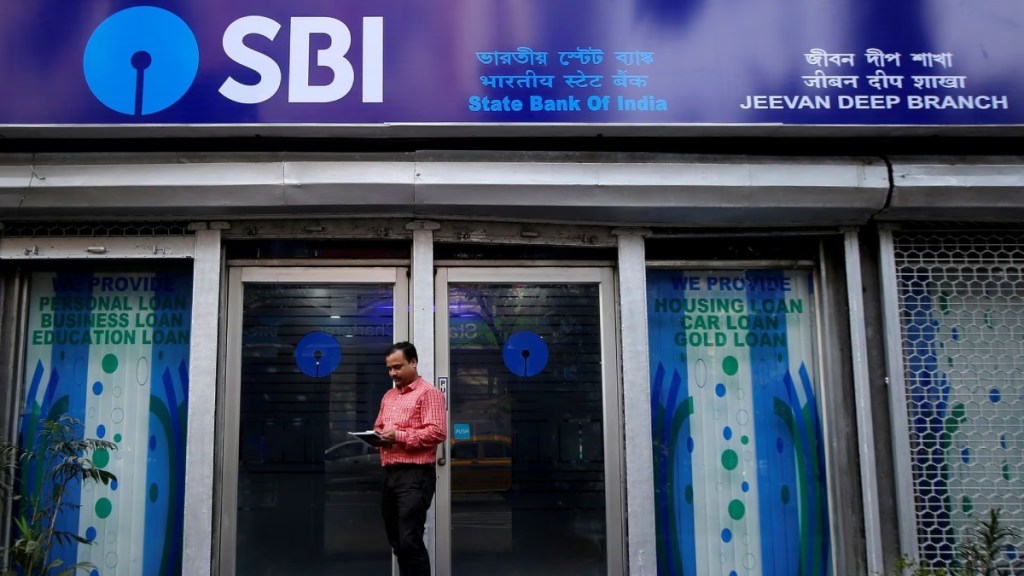State Bank of India (SBI), the country’s largest lender, is unlikely to utilise the enabling provision to raise nearly Rs 11,900 crore through additional tier-I (AT-1) bonds due to pricing issues in the current fiscal, sources told FE.
“We had taken the approval to raise Rs 20,000 crore via AT-1 bonds but looking at the redemptions that were due this year, we have completed requirement,” a source said.
“We will not raise more AT-1 bonds in the current fiscal until there is a change in valuation methodology, which we are pushing. If that comes through, may be we will look at raising funds but definitely not now,” they added.
Out of the enabling approval for raising up to Rs 20,000 crore in FY24, SBI has raised Rs 8,101 crore through AT-1 bonds in two tranches in FY24, with the latest one on January 19, when the bank raised Rs 5,000 crore at 8.34% coupon.
AT-1 bonds are considered perpetual in nature, but after Yes Bank wrote down AT-1 bonds post its collapse in 2020, market regulator Securities and Exchange Board of India (Sebi) in 2021 fixed maturity date at 100 years beginning April 2023 onwards. This has led to a higher interest cost for banks and lower demand for the instrument.
SBI, via Indian Banks’ Association (IBA), is understood to have made a representation to regulators — Sebi and Reserve Bank of India (RBI) — along with the Centre to change the valuation methodology of AT-1 bonds and link it to call date, a source said.
Citing pricing issues, a few other lenders have also not raised full quantum through AT-1 issuances. For instance, Canara Bank on December 7 raised only Rs 1,403 crore of AT-1 bonds at 8.4% coupon out of the total issue size of Rs 3,500 crore. Similarly, Punjab National Bank also raised just Rs 1,153 crore via AT-1 bonds out of the total issue size of Rs 3,000 crore on December 27 at 8.55% coupon.
SBI’s capital adequacy ratio stood at 13.05% as on December 31, of which common-equity tier I (CET-1) capital formed 9.09%, AT-1 ratio was 1.49% and tier-2 capital formed the rest.

